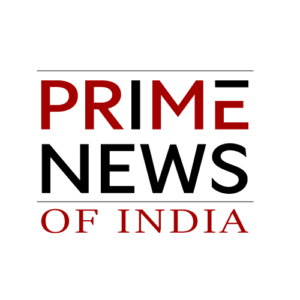Introduction
Akansha Karan is a multifaceted writer, engineer, and MBA graduate whose journey led her from the world of technology to the depths of psychology, mythology, and human emotions. With a strong foundation in science and analytical thinking, she sought to understand the deeper layers of the human mind, leading her to study Ayurveda, life coaching, and counseling psychology.
Her passion for exploring mental health, trauma recovery, and self-empowerment is reflected in her books, which seamlessly blend fiction, psychological insight, and emotional depth. Among her works, Last Letters, Shattered Dreams stands out as a bestselling psychological drama, shedding light on the hidden pain of domestic abuse and generational trauma.
Last Letters, Shattered Dreams: A Journey Through Trauma and Redemption
This novel is more than just a fictional drama—it is a psychological exploration of how trauma echoes through generations. Told through the eyes of its protagonist, the story unveils deeply buried family wounds, revealing how silence and pain can shape future generations.
The novel explores:
- The invisible scars of abuse and how they affect victims long after the events have passed.
- Family constellation therapy, a method that helps individuals uncover and break cycles of inherited trauma.
- The struggles of victims in finding their voice, reclaiming their identity, and seeking justice.
- A suspenseful narrative that intertwines mystery and emotional depth, where secrets from the past resurface, forcing the protagonist to confront painful truths.
Akansha masterfully blends fiction with psychological realism, crafting a story that is both heart-wrenching and deeply inspiring. Her storytelling doesn’t just highlight the harsh realities of domestic abuse—it also serves as a beacon of hope, showing the strength of survivors and the possibility of healing.
The Power of Storytelling in Healing
One of the most striking aspects of Last Letters, Shattered Dreams is its ability to mirror real-life experiences. Akansha’s background in psychology and emotional healing allows her to create characters that feel authentic, vulnerable, and relatable. The novel serves as a cathartic journey, not just for its protagonist but for readers who may have faced similar struggles.
By addressing the unspoken pain of generational trauma, Akansha challenges the notion that the past must dictate the future. She highlights the importance of confronting inner wounds, understanding one’s family history, and actively working towards breaking destructive patterns.
Conclusion
With Last Letters, Shattered Dreams, Akansha Karan cements herself as a writer who goes beyond storytelling—she is a guide to emotional resilience and healing. Through her powerful narrative and psychological depth, she sheds light on the hidden traumas within families, encouraging readers to embark on their own journeys of self-discovery and empowerment.
Her work serves as a reminder that even in the darkest moments, healing is possible—and that the power to change one’s story lies within.









